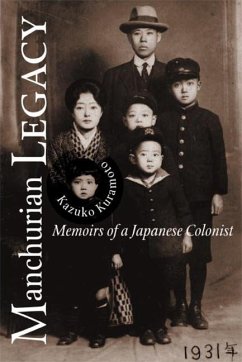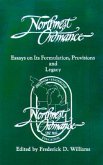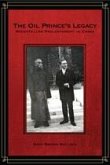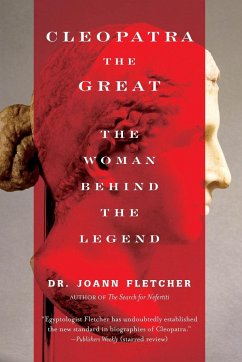Kazuko Kuramoto was born in Dairen, Manchuria, in 1927, at the peak of Japanese expansionism in Asia. Dairen and neighboring Port Arthur were important colonial outposts on the Liaotung Peninsula; the train lines established by Russia and taken over by the Japanese ended there. When Kuramoto's grandfather arrived in Dairen as a member of the Japanese police force shortly after the end of the Russo-Japanese War in 1905, the family's belief in Japanese supremacy and its "divine" mission to "save" Asia from Western imperialists was firmly in place. As a third-generation colonist, the seventeen-year-old Kuramoto readily joined the Red Cross Nurse Corps in 1944 to aid in the war effort and in her country's sacred cause. A year later, her family listened to the emperor announce in a radio broadcast "we shall have to endure the unendurable, to suffer the insufferable." Japan surrendered unconditionally. Manchurian Legacy is the story of the family's life in Dairen, their survival as a forgotten people during the battle waged by Russia to reclaim Manchuria, Nationalist China, and Communist China, and their subsequent repatriation to a devastated Japan. Kuramoto describes a culture based on the unthinking oppression of the colonized by the colonizer. And, because Manchuria was, in essence, a Japanese frontier, her family lived a freer and more luxurious life than would have in Japan--one relatively unscathed by the war until after the surrender. As a commentator Kuramoto explores her culture both from the inside, subjectively, and from the outside, objectively, Her memoirs describe her coming of age in a colonial society, her family's experiences in war-torn Manchuria, and her "homecoming" toJapan--where she had never been--just as Japan is engaged in its own cultural upheaval.
Hinweis: Dieser Artikel kann nur an eine deutsche Lieferadresse ausgeliefert werden.
Hinweis: Dieser Artikel kann nur an eine deutsche Lieferadresse ausgeliefert werden.








